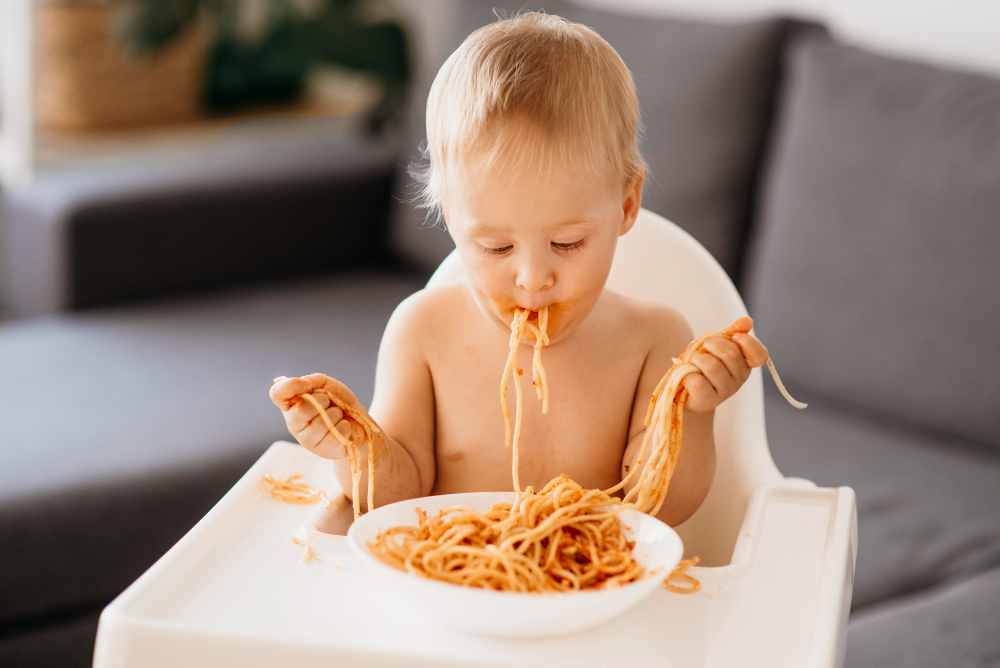Any kind of change around your baby could be scary, be it the first time the baby sat up or the first time you are trying to feed the baby solid foods. Feeding your baby solid food is also known as weaning or complementary feeding. Most new mothers start practicing weaning their babies after they are of 6 months of age or more.
Here are things you should keep in mind while your baby starts weaning
- The quantity of the food is not important. The fact that your baby has started to eat solid foods is what counts.
- They will still be breastfeeding which means that the maximum amount of nourishment will be received from the breast milk itself.
- Do not stick with just one kind of solid food, instead, make your baby try a variety of solid foods so that they develop a habit of eating a variety of food items.
- You will be able to increase the amount of solid food your baby eats with time and patience. It is all about practice and adjustment.
- In case your baby is born prematurely then consult your pediatrician before you start weaning your baby.
- The right time to start weaning your baby is after the baby is of four months of age. Generally, pediatricians recommend the new mother breastfeed their babies till they are of 6 months of age.
- Breast milk contains all the necessary nutrients that a newborn baby will require to grow and undergo development for up to the next six months.
- The six months wait before you start weaning your baby is given so that your baby can cope up with the new solid foods that he or she will be introduced to.
- This includes baby cereal with milk, pureed food, and cereals in general. Around the same time, you will also note your baby starting to mess with the food and will try to put the food in his or her mouth.
- They will learn to chew the food, have better mouth and tongue control. Along with that, their tongue reflexes will also subside and they will no longer be sticking their tongues out of their mouths.
- Once they gain control of their tongues and mouth, they will understand the different food textures and tastes. You will see them react to the different solid food items that you provide your baby with.
- Avoid salty and sugary solid foods because they are not good for the kidneys and can cause tooth decay respectively.
- Avoid putting salt and sugar while you cook for your baby. They are still getting the hang of the new food textures so do not confuse them with taste.
- Do not rush, wait for your baby to show you signs. You will get to know when your baby is full. Do not push them for more food once they have given the sign that they are full.
- There will be days when they will eat very little; instead of pushing them to eat more just let them be. the next day can be a fresh start.
- It might take 10 tries before you can figure out how much solid food is enough for your baby. But you have to remain patient and calm.
- Let your baby feel the food, do not just shove the food inside their mouth. Put the bowl, cup, or plate in front of them and let them touch and see the food. Allow your baby to feed himself or herself. In case you are using a spoon and hand over the spoon to the baby and let the baby try to put food in his or her mouth with the spoon.
- There is no such thing as enough solid food for your baby, but make sure you do not overfeed them.
Conclusion
Be patient when it comes to weaning your baby, understand their needs.


